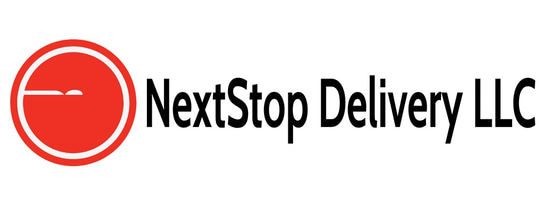The Future of Smart Logistics: Transforming Transportation and Distribution
11/28/20241 min read


Understanding Smart Logistics
As we advance into the digital era, logistics and distribution are poised for a significant transformation due to emerging technologies. Smart logistics, a term that encapsulates the integration of artificial intelligence, big data, and the Internet of Things (IoT), is becoming increasingly relevant in the transportation and distribution sectors. This article delves into how these technologies can improve logistical workflows, enhance cargo tracking, and optimize distribution routes.
Leveraging Artificial Intelligence for Efficiency
Artificial intelligence (AI) is at the forefront of the smart logistics revolution. AI algorithms analyze vast amounts of data in real-time, allowing companies to make swift and informed decisions. These decisions can cover everything from anticipating demand to identifying the quickest routes for delivery trucks. The application of AI in logistics not only boosts efficiency but also reduces operational costs significantly, illustrating how invaluable this technology will be in the future of logistics.
The Impact of Big Data and IoT
Big data and IoT technologies are equally integral to the evolution of smart logistics. With IoT devices, logistics companies can gather real-time data on shipments, monitor cargo conditions, and track vehicle locations. This data is then analyzed and utilized for better demand forecasting and inventory management. The synergy between big data and IoT fosters transparency within supply chains, allowing for timely interventions and minimizing uncertainty in the transportation process. The proactive approach enabled by these innovations will not only significantly enhance cargo tracking but also ensure product safety during transit.
Conclusion: Embracing the Future of Transportation
In conclusion, the adoption of smart logistics driven by artificial intelligence, big data, and IoT is not merely a trend but a necessary evolutionary step for the transportation and distribution sectors. These technologies promise to improve operational efficiency and transparency, leading to better customer satisfaction and lower costs. As logistics companies begin to embrace these advancements, we can anticipate a more streamlined and effective transportation industry moving forward. The future of smart logistics is bright, and it holds immense potential for transforming how goods are transported and distributed worldwide.
Subscribe to us to get the latest logistics information and transportation solutions! Let us provide you with accurate and efficient logistics services to help your business grow rapidly.
© 2024. All rights reserved.
